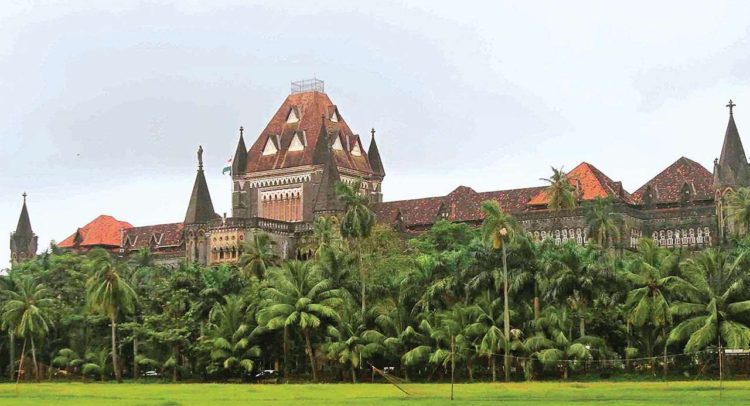The Bombay High Court has upheld that consent obtained for intercourse in a second marriage without disclosing first marriage prime facie constitutes rape through Justice N.J. JAMADAR in the case of Siddharth Banthia v. State of Maharashtra and Anr. (Writ Petition No. 3527 of 2021)
FACTS OF THE CASE:
The petition under Article 227 of the Constitution of India called in question the legality, propriety and correctness of an order passed by the learned Additional Sessions Judge, Pune on an application whereby the prayer of the petitioner to discharge him from the prosecution came to be rejected.
Ms. S (the “prosecutrix”) was an actress by profession. In June, 2010 the petitioner proposed the prosecutrix. The petitioner represented that he was a bachelor. After the prosecutrix and her family members agreed to the said proposal, the marriage of the prosecutrix was solemnized with the petitioner on 23rd July, 2010. None from the family members of the petitioner attended the said marriage. The petitioner claimed that since the marriage was inter caste, his family members did not attend the same. In the month of September, 2010 a lady “M” called the prosecutrix and informed her that she was the wife of the petitioner and they had two issues out of the said wedlock. When confronted, the petitioner stated that the previous marriage was dissolved.
The prosecutrix and petitioner celebrated their first wedding anniversary on July 23, 2010. Newspapers covered the aforementioned event. She discovered her husband’s bigamy after the publication when his first wife approached her. In her presence, the petitioner admitted that the documents he had showed the prosecutrix proving his supposed divorce from “M” were fraudulent. The petitioner stated that he would make separate provision for her first wife and children.
In 2013, the actress filed an annulment petition in Family Court and filed a FIR against the petitioner under IPC sections 420, 406, 467, 471, 474, 376, 323, 504, 506(i), and 494. The inquiry was concluded by the police, and a charge sheet was filed against the petitioner. The petitioner filed a discharge application, claiming that the allegations against him are ambiguous and that the prosecutrix’s story contradicts the annulment petition. The application was denied by the Additional Sessions Judge, who cited adequate grounds to proceed against the petitioner. As a result, the petition was filed.
JUDGEMENT:
When it came to the issue of maintainability, the court noted, “It is trite that once a charge is framed, the scope of interference by the High Court, even in exercise of extraordinary writ jurisdiction, gets constricted.” There are alternative remedies, and in this case, the right remedy would be to invoke revisional jurisdiction. However, due to the unusual facts, the court decided to hear the petition on its merits.
The court cited Union of India v. Prafulla Kumar Samal and Anr., which concluded that a strong suspicion of guilt against the accused is sufficient to frame a complaint against him. The court noted that there is enough evidence to establish that the petitioner and respondent were married and lived together as husband and wife.
The court noted that the prosecutrix stated she married the petitioner solely because he claimed to be unmarried. His marriage to the prosecutrix is null and void because his first wife is still alive. Despite knowing that he is not the prosecutrix’s husband, the petitioner reportedly had physical intercourse with her. Therefore the submission on behalf of the respondent No. 2 that the prosecutrix would not have given consent but for the belief induced by the petitioner by falsely representing that he was unmarried appeared to carry substance.
In the backdrop of the said facts a submission was sought to be canvassed that the physical relations were with the consent of the prosecutrix and, therefore, the offence punishable under section 376 cannot be said to have been made out.
Thus. the court determined that there was a prima facie case against the petitioner and rejected the petition.
PRIME LEGAL is a full-service law firm that has won a National Award and has more than 20 years of experience in an array of sectors and practice areas. Prime legal fall into the category of Best law firm, best lawyer, best family lawyer, best divorce lawyer, best divorce law firm, best criminal lawyer, best criminal law firm, best consumer lawyer, and best civil lawyer.
JUDGEMENT REVIEWED BY REETI SHETTY


